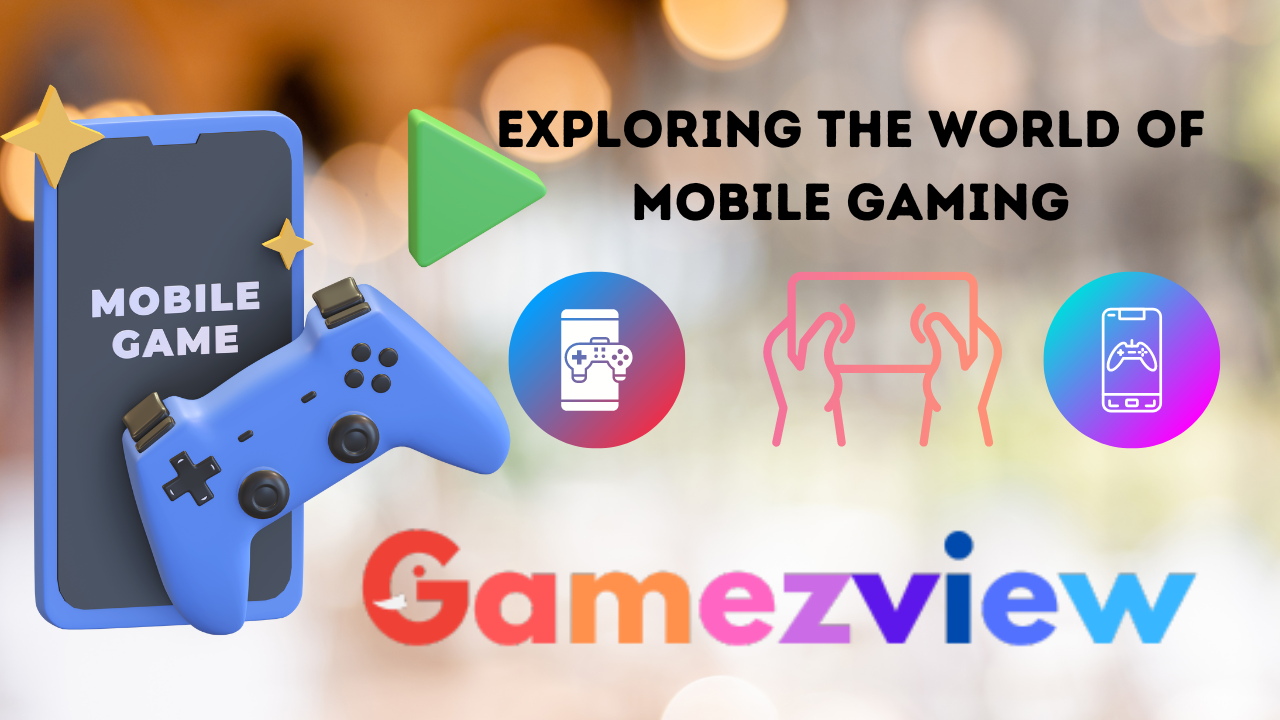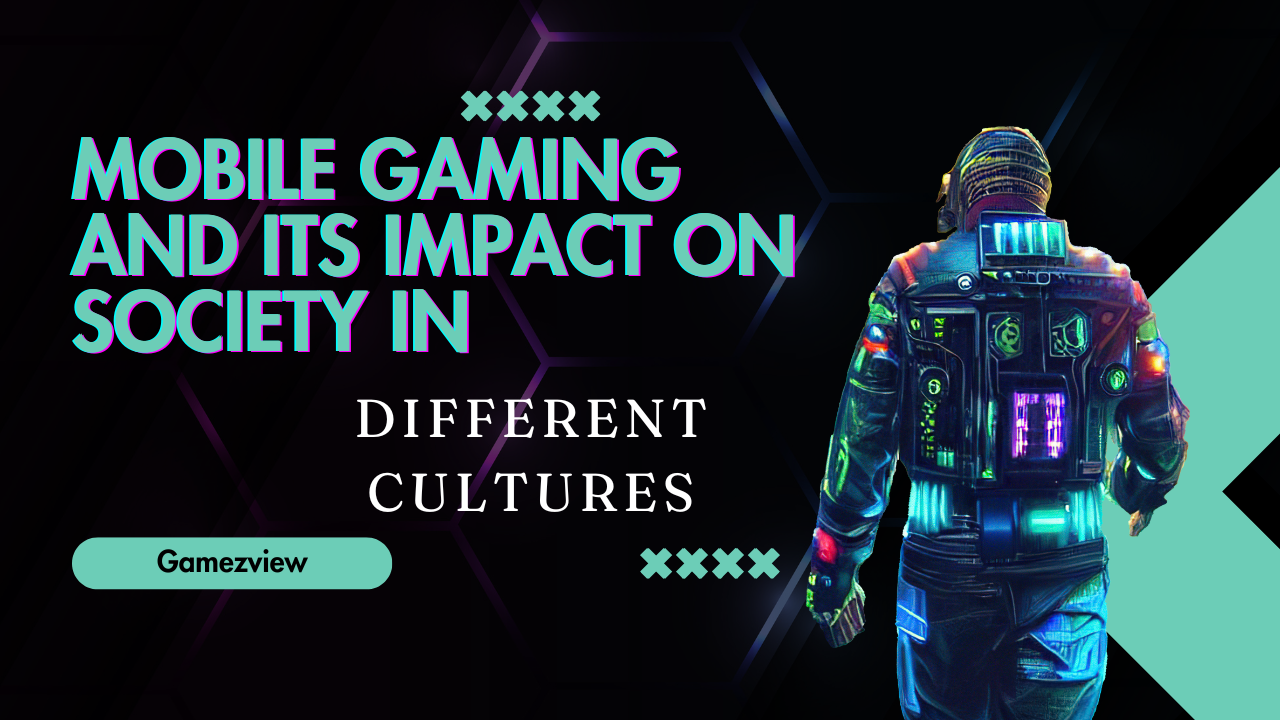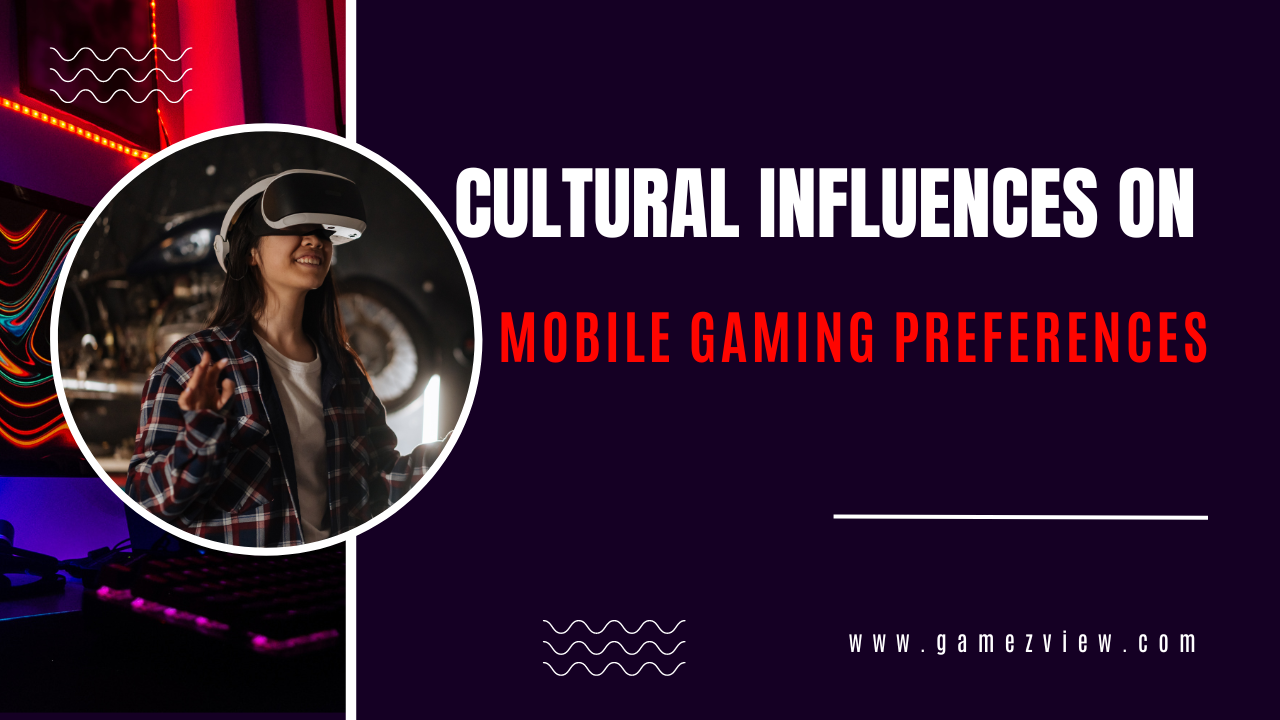Mobile gaming has become a ubiquitous part of modern entertainment, providing millions of players around the world with a convenient and accessible way to enjoy games on the go. In this article, we’ll take a closer look at the world of mobile gaming, examining current trends, challenges, and opportunities shaping the industry’s landscape.
Introduction to Mobile Gaming
Definition of Mobile Gaming
Mobile gaming refers to the playing of video games on mobile devices such as smartphones and tablets. With the widespread adoption of mobile technology and the increasing power of mobile devices, mobile gaming has become one of the fastest-growing segments of the gaming industry.
Growth of the Mobile Gaming Industry
The mobile gaming industry has experienced explosive growth in recent years, driven by factors such as the proliferation of smartphones, the availability of high-speed internet connectivity, and the popularity of app stores. Today, mobile gaming represents a significant portion of the global gaming market, with billions of dollars in revenue generated annually.
Trends in Mobile Gaming

Rise of Casual Gaming
Casual games, which are easy to learn and play in short bursts, have become increasingly popular among mobile gamers. Titles like Candy Crush Saga, Among Us, and Subway Surfers have achieved widespread success, appealing to a broad audience of players.
Free-to-Play Model
The free-to-play model, which allows players to download and play games for free while offering optional in-app purchases, has become the dominant business model in mobile gaming. This approach enables developers to reach a larger audience and generate revenue through microtransactions and advertising.
Social and Multiplayer Experiences
Mobile gaming has evolved beyond solitary experiences, with an increasing emphasis on social and multiplayer gameplay. Games like Fortnite, PUBG Mobile, and Roblox offer immersive multiplayer experiences that allow players to connect with friends and compete against opponents from around the world.
Augmented Reality (AR) and Location-Based Gaming
Augmented reality (AR) and location-based gaming leverage the capabilities of mobile devices to blend the virtual and physical worlds. Games like Pokémon GO and Harry Potter: Wizards Unite use AR technology to create interactive experiences that encourage players to explore their surroundings and interact with digital content.
Challenges Facing Mobile Gaming

Device Fragmentation
The wide variety of mobile devices and operating systems presents a challenge for developers, who must optimize their games to run smoothly across different hardware configurations and screen sizes.
Monetization Strategies
While the free-to-play model offers significant revenue potential, developers must carefully balance monetization with player satisfaction to avoid alienating their audience with intrusive ads or overly aggressive microtransactions.
Discoverability and App Store Optimization
With millions of apps vying for attention in app stores, achieving visibility and standing out from the competition can be a daunting task for developers. Effective app store optimization (ASO) strategies are essential for maximizing discoverability and driving downloads.
Quality and Depth of Gameplay
Despite advances in mobile technology, some players remain sceptical of mobile games’ ability to deliver immersive and engaging experiences on par with traditional console or PC games. Ensuring high-quality graphics, responsive controls, and deep gameplay mechanics is critical for winning over discerning gamers.
Opportunities for Mobile Gaming
Emerging Markets
The rapid expansion of smartphone ownership in emerging markets presents a vast untapped audience for mobile gaming. Developers who can tailor their games to local tastes and preferences stand to capitalize on this growing market opportunity.
Technological Advancements
Advancements in mobile technology, such as faster processors, improved graphics capabilities, and enhanced connectivity, enable developers to create increasingly sophisticated and visually stunning games that rival console-quality experiences.
Cross-Platform Integration
Cross-platform integration allows players to seamlessly switch between different devices and platforms while retaining their progress and purchases. This flexibility not only enhances the player experience but also expands the potential audience for mobile games.
Niche Markets and Indie Developers
The democratization of game development tools and platforms has empowered indie developers to create innovative and niche-focused games that cater to specific audiences. By tapping into underserved markets and experimenting with unique gameplay concepts, indie developers can carve out a niche for themselves in the competitive mobile gaming landscape.
Impact of COVID-19 on Mobile Gaming

Increased Player Engagement
The COVID-19 pandemic has led to a surge in mobile gaming activity, as people around the world seek entertainment and social connection while adhering to social distancing guidelines.
Shift in Consumer Spending Habits
With more time spent at home, consumers are increasingly turning to mobile games as a source of entertainment, leading to an uptick in in-app purchases and mobile gaming revenue.
Rise of Remote Social Gaming
The pandemic has underscored the importance of social interaction in gaming, with multiplayer and social gaming experiences becoming more popular as a way for friends and families to stay connected virtually.
Future Trends in Mobile Gaming
Cloud Gaming
Cloud gaming services like Google Stadia and Xbox Cloud Gaming promise to revolutionize mobile gaming by allowing players to stream high-quality games directly to their devices without the need for powerful hardware.
Subscription Services
Subscription-based gaming services offer an alternative monetization model that provides players with access to a library of games for a monthly fee. Services like Apple Arcade and Google Play Pass are gaining traction as consumers seek value and variety in their gaming experiences.
Integration of Emerging Technologies
Emerging technologies such as 5G, augmented reality (AR), and virtual reality (VR) have the potential to transform mobile gaming by enabling new gameplay experiences and immersive storytelling techniques.
Continued Growth of Esports and Competitive Gaming

The rise of esports and competitive gaming on mobile platforms is expected to continue, with mobile esports tournaments attracting large audiences and lucrative sponsorship deals.
Mobile gaming represents a dynamic and rapidly evolving segment of the gaming industry, driven by technological innovation, changing consumer preferences, and global trends. As mobile devices become increasingly powerful and ubiquitous, the potential for mobile gaming to reach new heights of popularity and profitability is virtually limitless.




